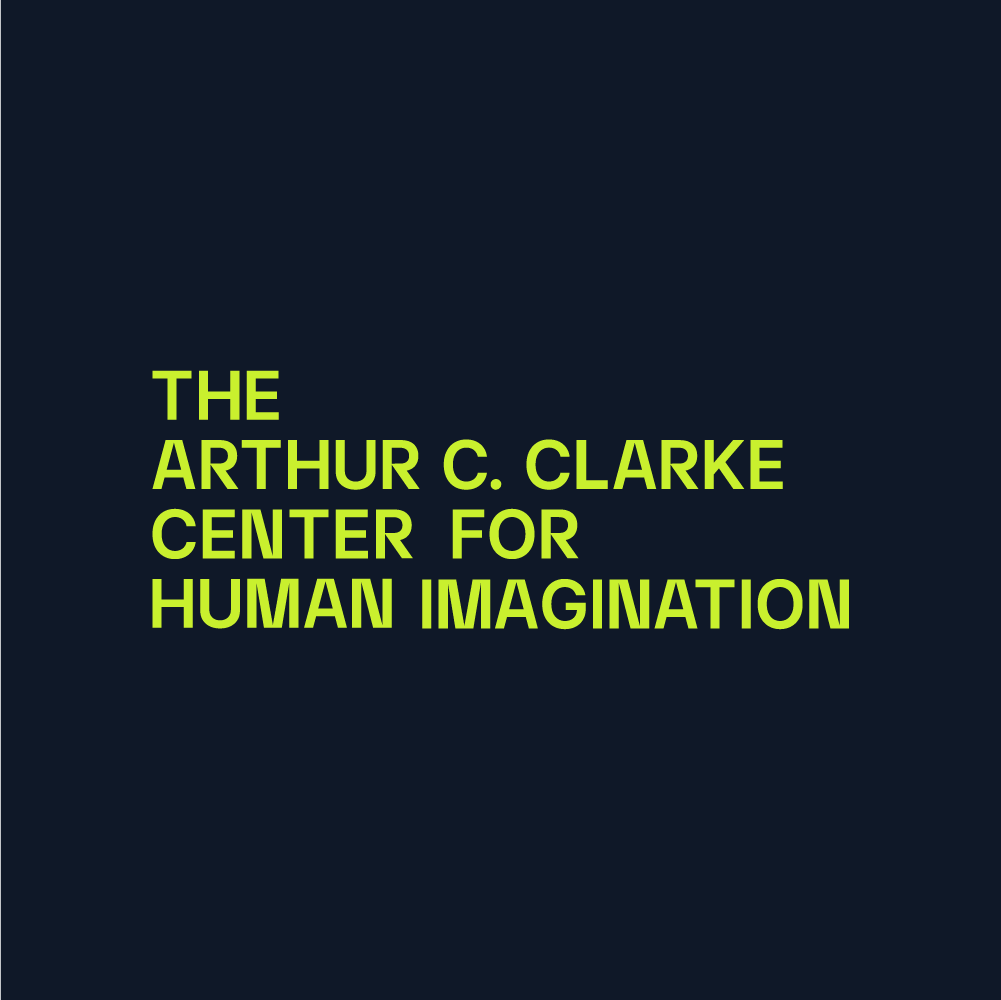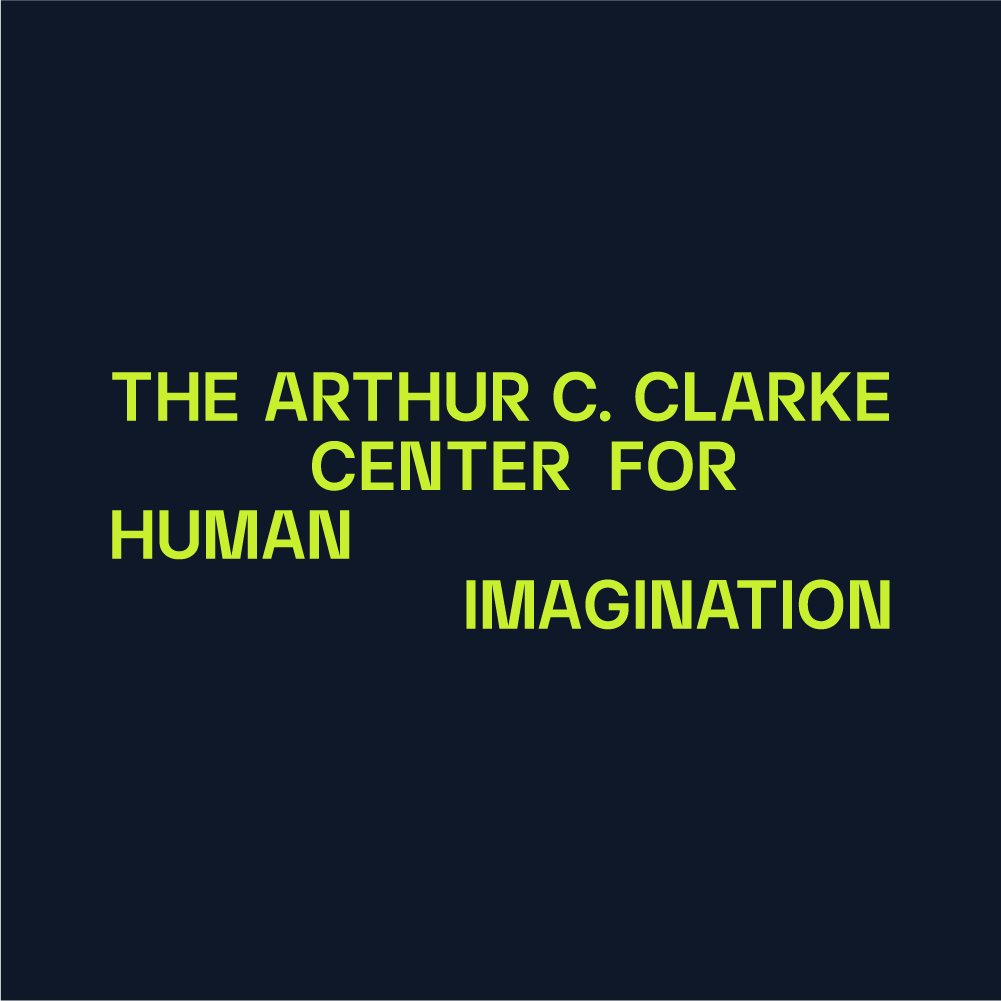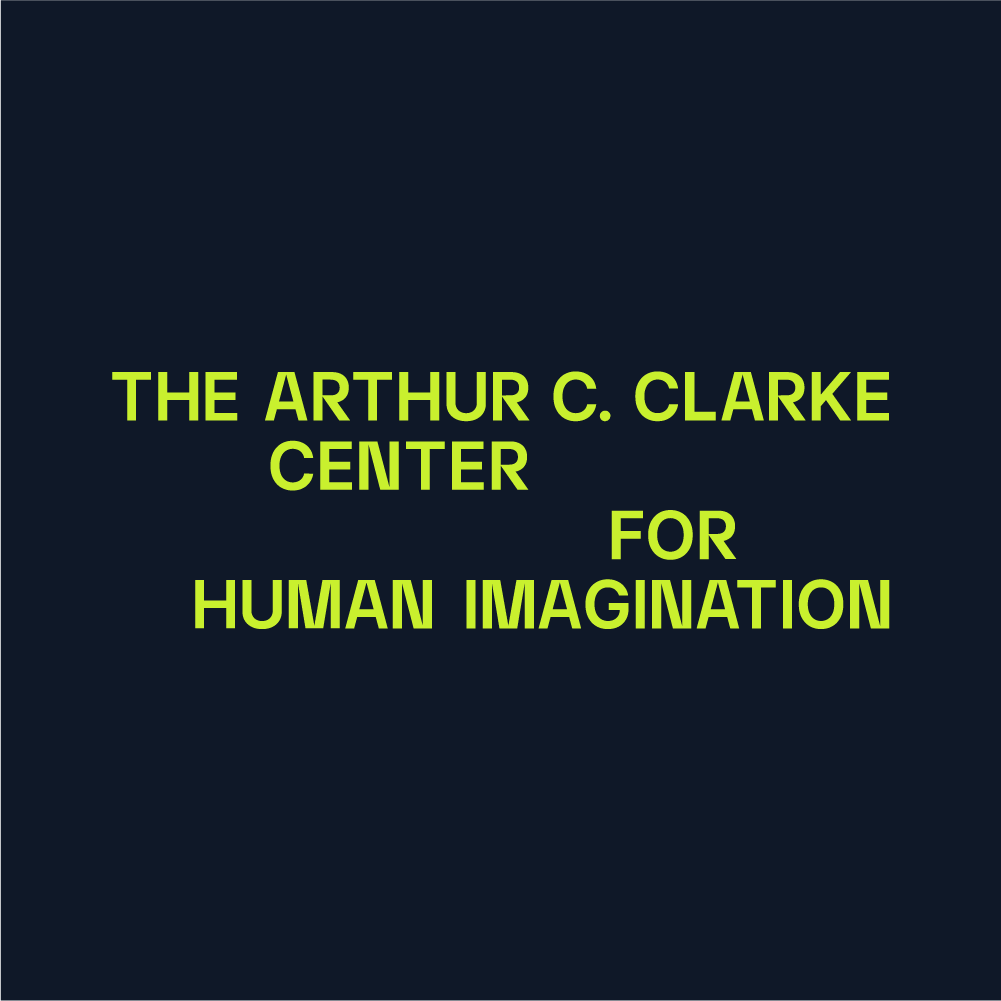
AfroRithms from the Future: A Participatory Workshop
October 6, 2022
5:00–7:00pm
Design and Innovation Building (map), Room 208
Free and Open to the Public; RSVP Required
The Clarke Center from Human Imagination, the Indigenous Futures Institute, and the Black Studies Project at UC San Diego invite you to join us for an AfroRithms from the Future workshop on October 6, 2022, from 5:00 to 7:00pm, to collaborate on imagining more inclusive and just futures, led by Lonny J. Avi Brooks, Ahmed Best, and Jade Fabello.
AfroRithms from the Future is an inclusive, design thinking, story-telling game built on the principle of shifting from a center of Western cultural views to alternative future worlds where Black and BIPOC cultural perspectives are at the forefront. An explicit goal is to “democratize the future [and to] intentionally anticipate democratic anti-racist futures where Black and BIPOC (Black, Indigenous and People of Color) futures matter.”
Developed by Lonny J. Avi Brooks (’04), Ahmed Best, and game designer Eli Kosminsky, Afro-Rithms from the Future has been featured in events at Stanford University’s d.school, the Institute for the Future, NeueHouse Hollywood, and UNESCO. Fathomers and the Equitable Games Group are supporting Brooks, Best, and Kosminsky in the ongoing public play-testing and refinement of the game for eventual public release and distribution as a school curriculum tool.
Space is limited so please RSVP here to hold a space in the workshop.
The workshop will be held at the Design and Innovation Building at UC San Diego. Please find it here on the campus map.
___
Ahmed Best is a senior fellow at the Annenberg Innovation Lab at USC; host of the Afrofuturist Podcast; CEO of BISN Media; and a writer, director, producer, actor, musician, and futurist. A founding member of the acid jazz group the Jazzhole, in New York, he starred in the Broadway musical Stomp and as the first CGI lead character in a motion picture, as Jar Jar Binks in the Star Wars prequel trilogy: The Phantom Menace, Attack of the Clones, and Revenge of the Sith.
Best is an MFA graduate of the American Film Institute and has received honors including an Ovation Award, an LACC Award, a Stage Raw Award, and an ANNIE award. He is executive producer of Dinner at LOLA (Stop That Bangin Productions/BISN Media) and The DL Chronicles (GLAAD Award winner for Best Miniseries), as well as creator, writer, and director of science-fiction comedy The Nebula.
Lonny J. Avi Brooks is an associate professor of strategic communication and media studies at California State University, East Bay, where he has piloted the integration of futures thinking into the communication curriculum for the last 15 years. He contributes prolifically to journals, conferences, and anthologies on subjects related to Afrofuturism and forecasting. Most recently, he published “Diverse Alternative Learning Visions 2026-2066: Transforming and Reframing the University as a Lifelong Social Design Lab,” co-written with colleague Ian Pollock, in Futures Thinking and Organizational Policy: Case Studies for Managing Rapid Change in Technology, Globalization, and Workforce Diversity. He is also lead co-editor of a Journal of Futures Studies special issue, titled “When Is Wakanda: Afrofuturism and Dark Speculative Futurism,” forthcoming in November 2019. He graduated with a Ph.D. in Communications from UC San Diego in 2004.
Brooks is co-executive producer and co-creator, with Ahmed Best, of the Afrofuturist Podcast; lead organizer and advisory board member for the Black Speculative Arts Movement (BSAM), in Oakland; and principal leader for BSAM Futures, which aims to publish comprehensive, inclusive and collaborative analyses of contemporary Afrocentric works. He also volunteers as a core member for outreach at Dynamicland.org, a pioneering non-profit dedicated to creating a more collaborative and dynamic computational medium for the long term.
Jade Fabello is the Operations Manager for AfroRithms from the Future. He is an Austin-based freelance writer. He has written for Texas Monthly, Austin Monthly, Thrillist, The Brown Journal of Philosophy, Politics, and Economics, Study Hall XYZ, Batshit Times, and more. He primarily writes personal essays about culture, art, grief, and love. With over 7+ years of experience in the field, he has interviewed Narcos actor Juan Riedinger, Chilling Adventures of Sabrina actress Tati Gabrielle, and Austin’s first Black glam rockstar Bevis Griffin. He is the writer of “I love words and you.” a newsletter that covers the craft of writing. Jade was the senior print editor for Spark Magazine, a local Austin fashion publication. There he edited over 100 stories across four issues and led teams of writers through eight-week workshops covering voice and writing skills. Jade graduated as a Moody Dean Scholar with degrees in Journalism and Communication & Leadership from the University of Texas at Austin.








